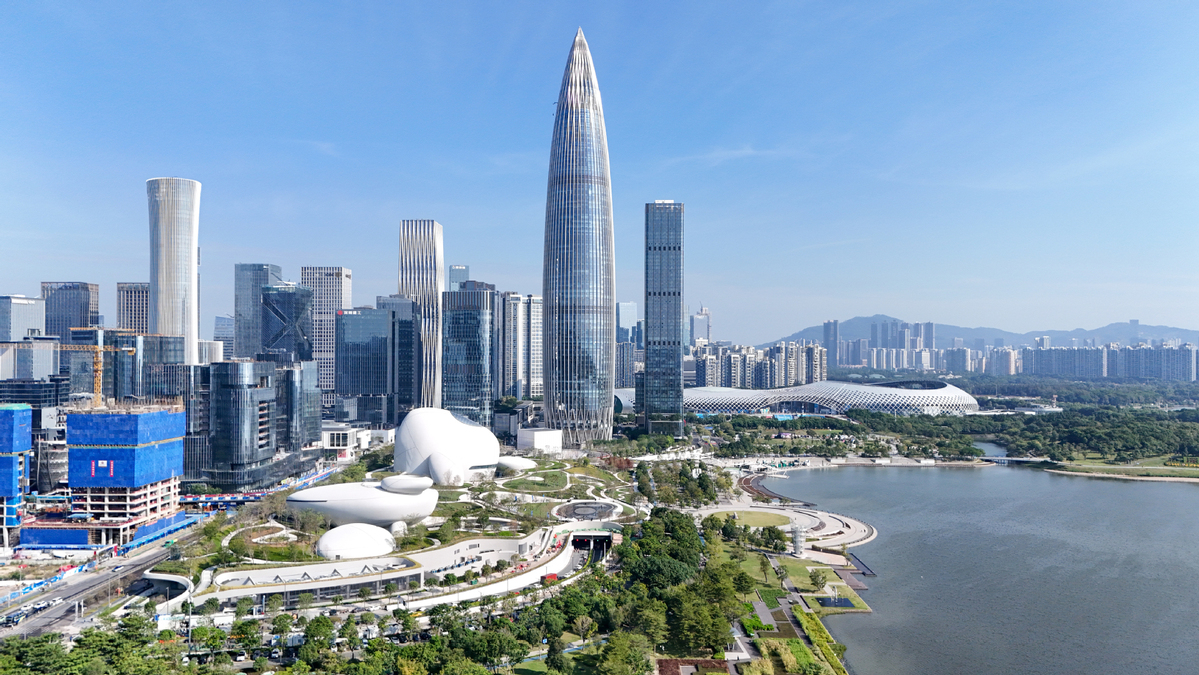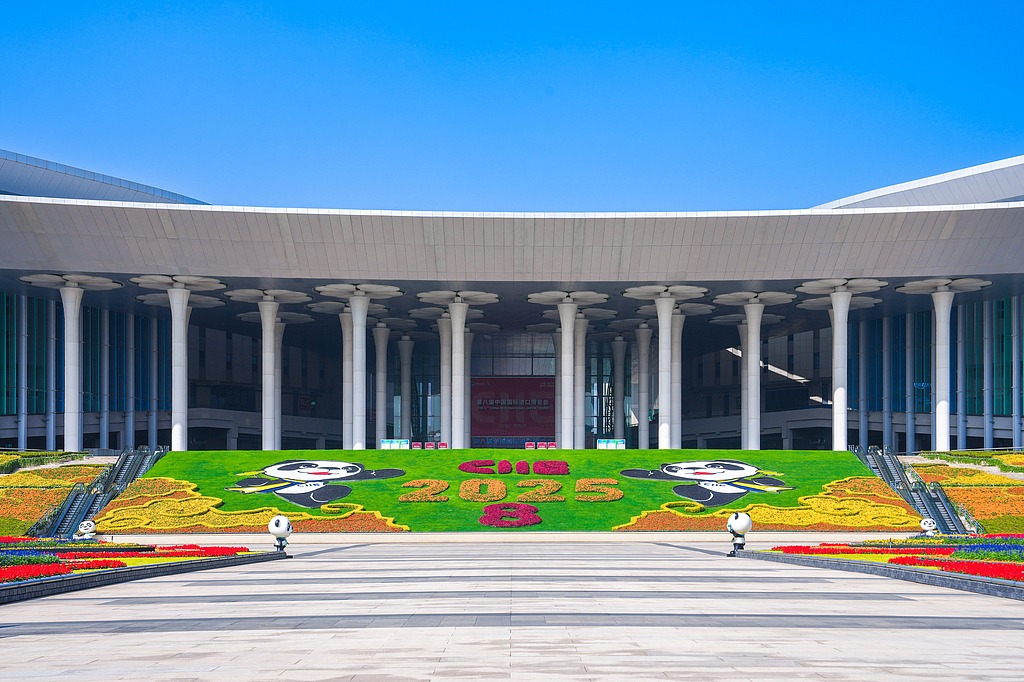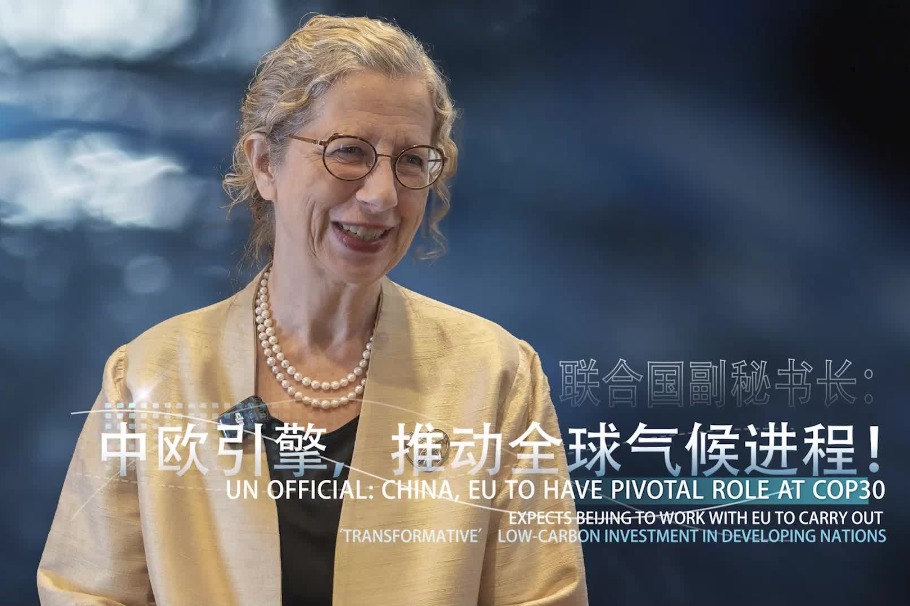China's commitment to regional development evident


Editor's note: This year's Asia-Pacific Economic Cooperation Economic Leaders' Meeting, which concluded on Saturday in Gyeongju, the Republic of Korea, adopted the Gyeongju Declaration, the APEC Artificial Intelligence Initiative (2026-30) and the APEC Collaborative Framework for Demographic Changes. China Daily spoke to Du Jifeng, an associate researcher at the National Institute of International Strategy of the Chinese Academy of Social Sciences, about the future development of the region. Below are excerpts from the interview. The views don't necessarily represent those of China Daily.
Given the growing uncertainties in the international economic landscape, there are strategic opportunities as well as challenges in the relations between China and other APEC economies. The outcomes of the APEC meeting reflect their shared strategic imperative to deepen bilateral cooperation. Enhanced mutual trust and smoother communication have laid a solid foundation for advancing this cooperation.
Since China officially joined APEC in 1991, close cooperation between China and the other APEC members has contributed to rapid economic growth across the region, enabling them to overcome challenges through mutual support and solidarity. Throughout this process, deeper understanding and trust continued to grow among regional partners.
Under the new international economic situation, building an open, inclusive and shared Asia-Pacific economy has become a common goal. Ahead of this year's APEC meeting, China and the Association of Southeast Asian Nations signed the China-ASEAN Free Trade Area 3.0 Upgrade Protocol. The upgraded FTA underscores China's firm commitment to deepening regional integration and promoting an inclusive and sustainable development model, which has been widely welcomed by APEC members.
China's philosophy of equality, inclusiveness and win-win cooperation has gained broad recognition among APEC economies. As the world's second-largest economy, China has always upheld the principles of equality, inclusiveness and mutual benefit in its economic relations with APEC members. Since it joined APEC — the cooperation mechanism with the broadest coverage and strongest influence in the region — China has actively participated in cooperation across all sectors, playing a constructive role in advancing the APEC agenda.
As early as 1993, when leaders of the APEC economies met for the first time, China advocated four principles — mutual respect, equality, openness and shared prosperity. China is committed to mutually beneficial, open and flexible cooperation on a non-mandatory basis. This approach aligns with APEC's evolving cooperation style characterized by consensus-building, gradual progress, non-binding commitments and pragmatic flexibility.
China's sound economic development and its steadfast commitment to a multilateral trading system in pursuit of shared development have injected lasting momentum into bilateral cooperation. The country is one of the main trading partners and major overseas investors for many APEC economies, while its influence on the global economy is steadily increasing. In the course of high-speed development, China has proactively aligned with high-standard international economic and trade rules and continued to open its market wider.
By implementing the Regional Comprehensive Economic Partnership and actively advancing the process of joining the Comprehensive and Progressive Agreement for Trans-Pacific Partnership, China remains firmly committed to multilateralism. It resolutely safeguards the multilateral trading system with the World Trade Organization at its core, and vigorously promotes regional economic integration and connectivity.
China will host the 33rd APEC Economic Leaders' Meeting in Shenzhen, Guangdong province, next year. This year marks the 45th anniversary of the establishment of the Shenzhen Special Economic Zone, and next year will usher in China's 15th Five-Year Plan (2026-30). At this critical juncture, Shenzhen's hosting of the APEC meeting is a timely opportunity.
The event can help boost investment, stimulate domestic demand and further expand China's foreign trade. More importantly, the successful hosting of the meeting would greatly enhance Shenzhen's global influence and strengthen its future competitiveness.


































